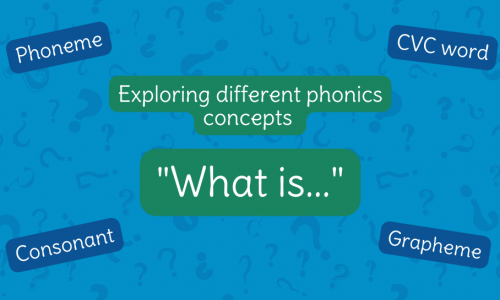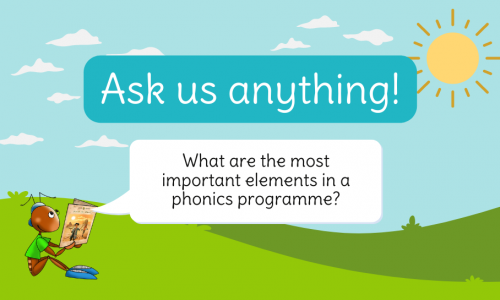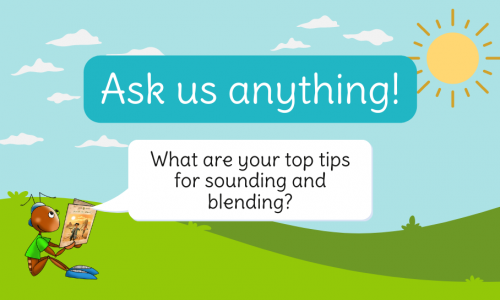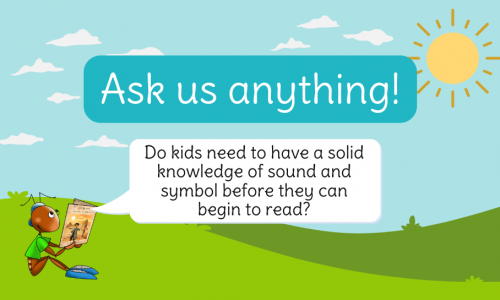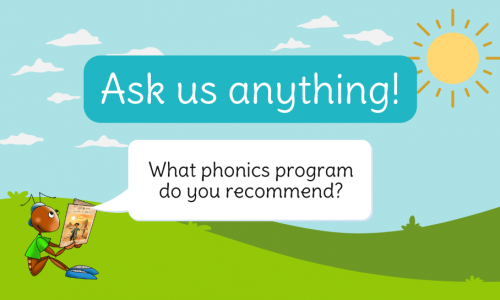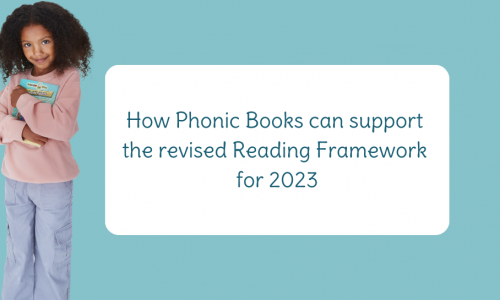
This is a guest blog written by Emily Hanson, former class teacher and freelance education copywriter. She holds a PGCE and M.Ed from the University of Cambridge, and has taught across the primary age range. Her subject specialism is literature, language and phonics. Outside of the classroom, Emily has also worked for a youth charity, […]
Read More

